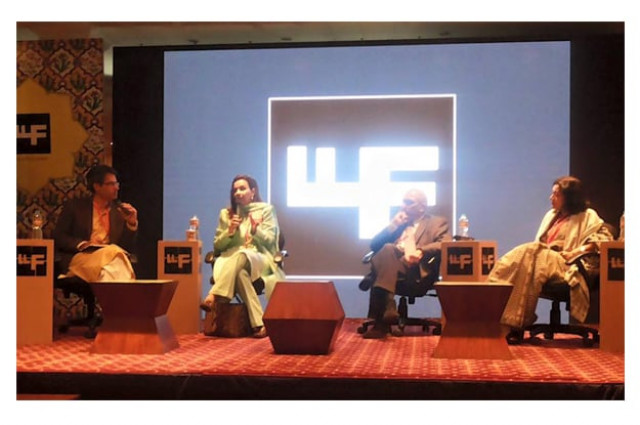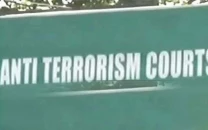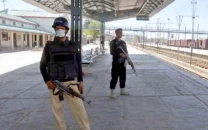‘Civil society lacks agency for resistance’
The panel discussed why religious fundamentalism had subsided despite advances in science, technology and globalism

Former federal minister Sherry Rehmana ddressing a session titled Lurching Rightwards: South Asia in the Balance at the Lahore Literary Festival. PHOTO: FACEBOOK
“Religious identities are being subsumed in every conversation these days. Hyper-nationalism, religion and identity have all become bundled up. This is pushing out narratives of pluralism,” said former federal minister Sherry Rehman on Sunday.
She was addressing a session titled Lurching Rightwards: South Asia in the Balance at the Lahore Literary Festival. The discussion was moderated by Kamal Munir. The panel discussed why religious fundamentalism had subsided despite advances in science, technology and globalism.
“In our country religion is a term used for exclusion, though religion is meant to be inclusive. Use of religion to prop up totalitarian regimes is being questioned all over the world,” Rehman said. Dina Siddiqui, a professor of anthropology at BRAC University said fundamentalism in politics normalised violence.
Rehman said there was a need to define new notions of secularism since politics was done mostly using race and religion for mass mobilisation.
“This secures comfort zones for the status quo but it feeds communal hostility on the ground,” she said. Commenting on Modi’s government in India, Salman Haider, former foreign secretary of India, said Modi’s election did not mean that other political thought processes had been obliterated.
“Changing times would bring new people to the forefront. One election cannot define a country,” he said.
“The ability to debate about equality and poverty matters in a society. If talking about these matters makes you irreligious or unpatriotic, that is very dangerous,” Haider added.
Commenting on Right-wing politics in Pakistan, Rehman said the nation seemed to have forgotten its own diversity and agreed to a narrowly-defined version of pluralistic history.
“In Pakistan, resistance comes from a space we recognise as civil society but it lacks agency to bring any tangible changes,” Rehman said.
Siddiqui said South Asian states become more had powerful in certain ways. “Perhaps we need to be a little more vigilant, because the process which maintains security also gives the state immense power,” she said.
Published in The Express Tribune, February 22nd, 2016.



















COMMENTS
Comments are moderated and generally will be posted if they are on-topic and not abusive.
For more information, please see our Comments FAQ